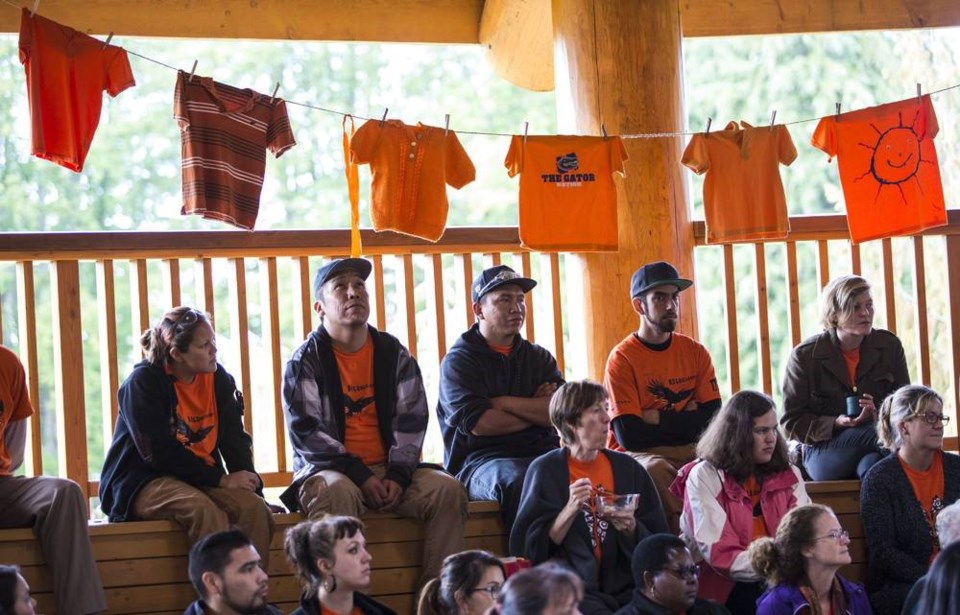Over the past few weeks, I’ve been lucky enough to be included in some panels on diversity and equitable engagement. No longer are we just talking about making sure people from all backgrounds have an opportunity to have their voices heard, but ensuring it’s being done in a respectful, meaningful and appropriate way.
Everyone is different, shaped by culture, family dynamics and experiences. It’s not just about meeting people where they are at; it’s about using an approach that will allow people’s voices the furthest reach and impact.
When I am on these panels, I share my experiences and views on working with Indigenous communities. Equitable engagement is something that can benefit everyone, and can be used to include everyone.
Inclusion means making space for people, their ideas and perspectives. The first step is to listen and do our best to understand where someone is coming from.
This Wednesday is Orange Shirt Day, a day to honour, acknowledge and remember the children who attended residential schools. It honours those who grew into adults, the children who never made it home, and the generations that have been affected by residential schools.
Orange Shirt Day is still relatively new — it’s been going for about eight years, but each year, it gains more traction and exposure. I have spoken to residential school survivors who say they feel heard when they see all the orange shirts on Sept. 30.
Many workplaces, including my own, honour the day by encouraging employees to wear orange shirts to work. Schools also encourage students to participate.
This year is going to be different because of the pandemic — many people are working from home, and secondary and post-secondary students are studying from home at least part-time.
Whether you have observed it in the past or not, it’s a day worth thinking about.
I encourage everyone to wear an orange shirt, tie or scarf on Wednesday, even if you are working from home. Take a photo and share it on social media or join a free webinar online to learn more. If you choose not to wear a shirt or go online, take a moment from your day to think about the families who are still affected by residential schools and the barriers that intergenerational trauma cause.
By participating in whatever way you choose, you can help create understanding and space for these conversations to begin. Residential schools have not just affected Indigenous communities. They have affected all our communities and continue to affect how Indigenous people are viewed, treated and often times misunderstood.
There’s still time to get an orange shirt before Wednesday. Save a place in your closet so you’ll have one to wear next year, too.
Charla Huber is the director of communications and Indigenous relations at M’akola Housing Society.



